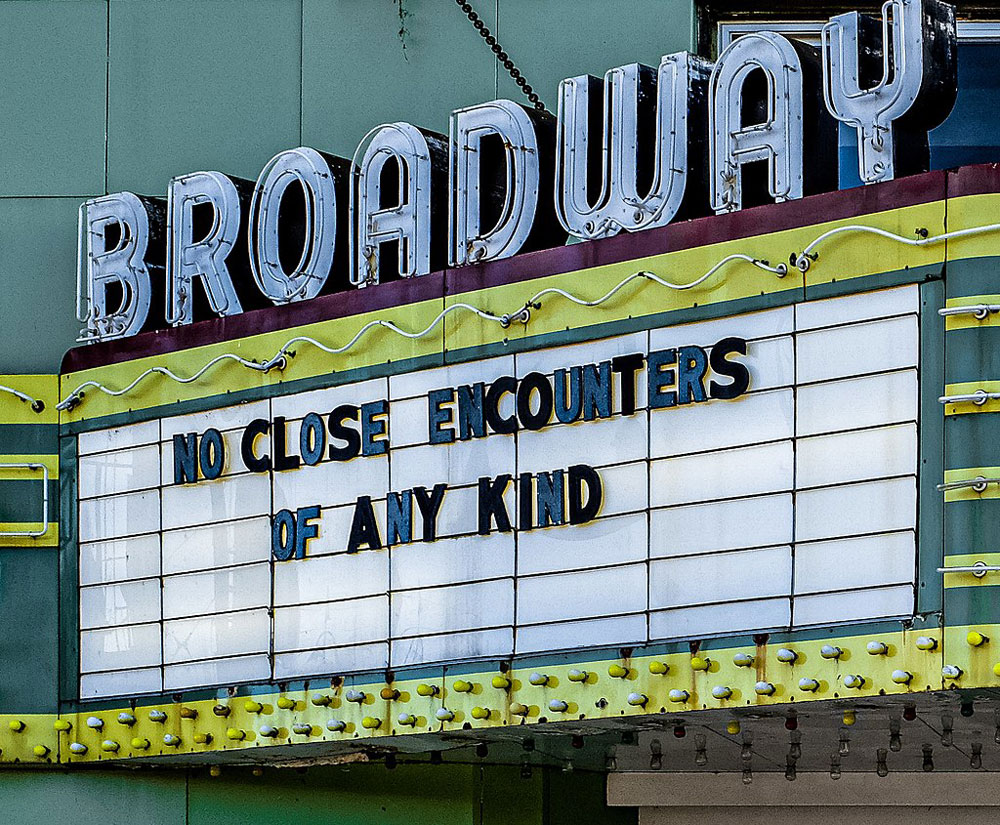
In March’s CARES Act, the amount allocated to arts groups in the $2 trillion relief bill was less than $200 million, or 0.01 percent of the total. So, the $15 billion allocated in the Save Our Stages (SOS) section of the December coronavirus relief bill for theaters, concert venues, museums, zoos, and movie houses is significant. Under its provisions, qualifying groups that have suffered more than a 25 percent loss in gross revenues in 2020 are eligible to receive grants of 45 percent of their 2019 gross revenues, capped at $10 million. The text is available here.
The money is desperately needed. As NPQ has regularly noted, amid COVID-19, if your business model requires people to gather in confined spaces, times are tough, even if many museums, theaters, movie houses, and performance spaces have made amazing, even inspirational, pivots to online programming. A webinar hosted by NPQ on November 30th polled 572 attendees. Of those surveyed, 57 percent of those in the arts reported revenue losses above 16 percent. By contrast, only 14 percent of those working for human service nonprofits and 11 percent of those working for advocacy nonprofits did. A survey in October by the American Association of Museums found an average industry-wide revenue decline of 35 percent.
In Boston, Joe Spaulding, CEO of the nonprofit Boch Center, which operates two theaters in the city, tells local television station reporter Rachel Holt that he “burst into tears” when learning that the legislation had passed. Mark Volpe, outgoing CEO of the Boston Symphony Orchestra, adds, “This is the first time the government has stepped up to help us in a period where half our revenue comes from ticket sales.”
Two key sponsors of the SOS provisions were US senators Amy Klobuchar (D-MN) and John Cornyn (R-TX). Money from the $15 billion pot will be disbursed in rounds. For the first two weeks, only those whose revenue is down 90 percent can apply. The second round, starting on day 15, increases eligibility to organizations whose revenue was 70 percent less than the previous year. One week later, any eligible organization with a 25 percent loss or greater will be able to apply.
There are a few things to be noted about this program. For starters, this is not another round of the PPP. Venues can apply for PPP or SOS, but not both. That said, SOS is far more generous than PPP. One key benefit is that it is a direct grant, meaning the funds can be used where needed and can be applied toward mortgage payments, advertising for a specific venue, and other such expenses.
Sign up for our free newsletters
Subscribe to NPQ's newsletters to have our top stories delivered directly to your inbox.
By signing up, you agree to our privacy policy and terms of use, and to receive messages from NPQ and our partners.
There are also some limitations on which organizations can apply. A detailed breakdown has been provided by the National Independent Venues Association (NIVA). Some basics include that the organization cannot be brand new; it must demonstrate it has been active in the past and intends to reopen in the future. Further, some requirements block larger organizations from eligibility. For example, organizations that are publicly traded or have venues in more than 10 states are ineligible.
Another interesting requirement is about the formality of the performing space itself. Eligible organizations must have a clearly defined performing space, a sound system, and a lighting rig. Additionally, the venue must hire professional support staff, such as a stage manager, box office manager, or sound engineer. So, the SOS Act is not for volunteer organizations that run events in a living room. There is also a provision that excludes venues that offer programs of an overtly sexual nature, such as strip clubs.
Organizations interested in applying for funds through the SOS Act must contact their local US Small Business Administration (SBA) office. If all of the funds are not expended, a round of secondary grants will occur, but that is not guaranteed.
The grants will provide a significant boost for many arts organizations, but economic recovery for many is expected to be slow. Even though vaccines are being delivered, and there is hope for rebuilding and recovering to follow, it appears that people are aware that performing arts venues and other entertainment locations like zoos may be among the last businesses to reopen fully. NIVA and Klobuchar are hopeful that President-elect Joe Biden will support additional arts funding.—Rob Meiksins













